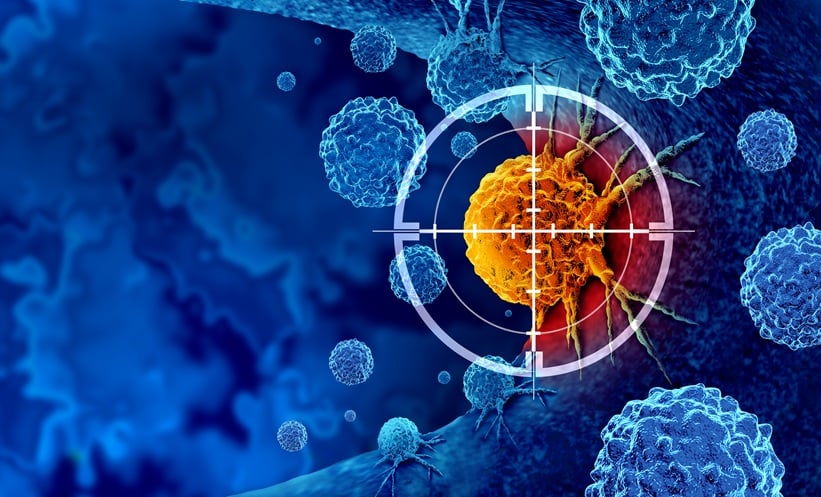KERATINOCYTE carcinomas (KCs), including basal cell carcinoma (BCC) and cutaneous squamous cell carcinoma (cSCC), are the most frequently diagnosed cancers worldwide. Actinic keratoses (AKs) are common precursors to cSCC, and their presence increases the risk of developing multiple KCs over time. Patients with extensive AKs often exhibit “field cancerisation,” a condition where chronically sun-exposed skin accumulates subclinical mutations, leading to a high burden of KCs. Current treatments primarily target individual lesions but fail to prevent new tumours in affected areas.
Immune checkpoint inhibitors (ICIs) have transformed cancer treatment, offering significant survival benefits for patients with advanced malignancies, including cSCC. Agents such as cemiplimab and pembrolizumab have shown high response rates in treating advanced cSCC. However, their potential as a systemic therapy to prevent new KCs remains underexplored. Given that KCs and photoexposed skin exhibit the highest tumour mutation burden of all cancers, ICIs could provide a promising preventative approach.
A recent study investigated whether ICI therapy reduces the incidence of AKs and new KCs in high-risk patients. Over a 12-month period, researchers monitored the development of new lesions in individuals receiving ICIs for various cancers. The study found a significant reduction in AKs at 3, 6, and 12 months after starting therapy, suggesting a potential immunopreventive effect. However, the decrease in new KCs was not statistically significant, indicating that ICIs alone may not be sufficient for complete field cancerisation control.
When compared with established treatments, such as topical fluorouracil and nicotinamide, ICIs demonstrated comparable but not superior efficacy. Additionally, ICIs are associated with severe and often permanent side effects, raising concerns about their suitability as a preventative therapy for all patients. Identifying high-risk individuals who would benefit most from this approach remains a key challenge.
Despite these uncertainties, ICIs represent an exciting avenue for managing field cancerisation and reducing the KC burden. Future studies must refine patient selection criteria and explore combination therapies to enhance their effectiveness while minimising adverse effects.
Reference
Cox C et al. Immune checkpoint inhibitors in field cancerization and keratinocyte cancer prevention. JAMA Dermatol. 2025;DOI:10.1001/jamadermatol.2024.5750.






